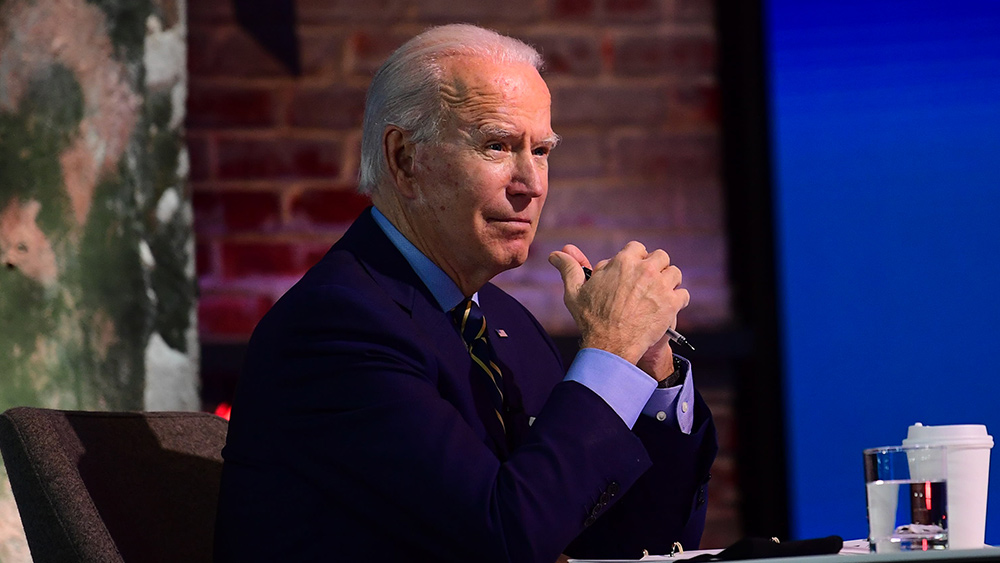
Republican Sen. Kelly Loeffler of Georgia introduced the “Stop Suppressing Speech Act of 2020” to the floor of the United States Senate on Wednesday, Oct. 21. The bill's goal is to prevent big tech companies such as social media websites from being able to selectively censor lawful speech on their platforms. The senator argues that her bill will help promote free speech and transparency on some of the internet's most widely visited websites.
“Free speech is the bedrock of American democracy, with our Founding Fathers enshrining this sacred right in the First Amendment to the Constitution,” said Loeffler in a statement released after she presented the bill. “In a country that has long cherished the freedom of expression, we cannot allow Big Tech to handpick the speech that conservatives and Americans may access and post on the internet.”
The Stop Suppressing Speech Act aims to amend the ambiguous terminology present in Section 230 of the Communications Decency Act. This section provides immunity to websites over the content that they host but did not create themselves. Tech experts argue that this has helped massive social media websites like Twitter, Facebook and YouTube expand as billions of users freely create their own content.
However, these same companies have also used Section 230 for their own benefit. The section has allowed these same companies to restrict or remove content whenever they feel like it without fear of being taken to court for their actions. Many have argued, including Loeffler, that this has disproportionately impacted speech made by conservatives on the internet.
Loeffler wants to amend a part of the second portion of Section 230, which states that companies are immune from civil liabilities if they censor content that they believe to be “obscene, lewd, lascivious, filthy, excessively violent, harassing or otherwise objectionable, whether or not such material is constitutionally protected.” (Related: Sen. Kelly Loeffler: We must use every possible means to stop Big Tech's censorship.)
Tech experts agree that the part of Section 230 that allows websites to restrict “otherwise objectionable” content has given big tech companies too much leeway, allowing them to restrict or remove content at will. Loeffler's bill would replace that phrase with: “unlawful, or that promotes violence or terrorism.”
“For too long, Big Tech has hidden behind the overly vague Section 230 protections, while engaging in practices that are fundamentally un-American and anti-democratic.”
Listen to this episode of the Health Ranger Report, a podcast by Mike Adams, the Health Ranger, as he lays out precisely what needs to be done to shut down, dismantle and destroy Big Tech once and for all.
Loeffler's Senate bill supported by companion legislation in the House
Loeffler isn't alone in trying to fight back against big tech. On July 29, Republican Rep. Paul Gosar of Arizona presented to the House of Representatives the “Stop the Censorship Act of 2020,” which, much like Loeffler's senate bill, seeks to amend a portion of Section 230.
Under the “Good Samaritan” provision of Section 230, companies are given immunity from lawsuits for removing both content and the users that posted said content from their websites. Gosar's legislation revokes this immunity by once again removing the “otherwise objectionable” portion of the bill. This, Gosar argues, will incentivize social media platforms to better abide by their own terms of service.
Gosar's bill goes further. Current interpretations of Section 230 provide big tech companies with immunity from antitrust claims. If Gosar's bill were to pass, this immunity will be revoked, giving the country an avenue to break up the tech giants.
“The broad and undue immunity for content and user removal granted by Section 230 must be reined in by Congress,” said Gosar. “We cannot continue to subsidize, deputize or blackmail Silicon Valley to decide what is or isn't an allowable conversation.”
“Freedom of speech and market competition are two of the strongest pillars of American freedom. But Big Tech has shown little regard for either. Congress must protect the values that make America great,” said Rep. Jim Banks of Indiana, one of the 10 co-sponsors of the bill.
Learn more about how big tech is censoring conservative speech on the internet by reading the latest articles at Censorship.news.
Sources include:
Please contact us for more information.





















